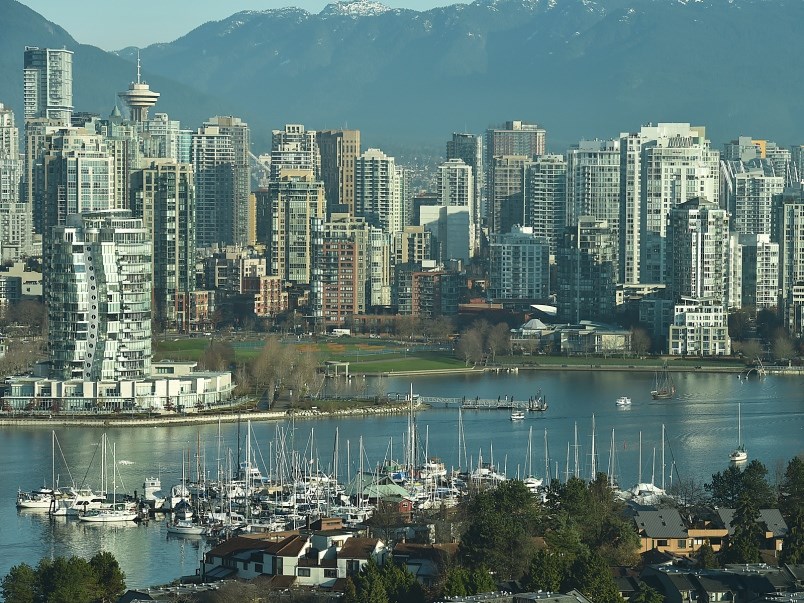As readers of this column are aware, of Vancouverâs Empty Homes Tax, a.k.a. the Vacancy Tax.
Although the tax was intended to address Vancouverâs housing crisis, every Â鶹´«Ã½Ó³»homeowner is now required to submit an annual property status declaration to determine if their property is subject to the tax.
Mayor Robertson, who once naively promised to end homelessness, promised this tax could put up to 25,000 properties back on the rental market.
While I am not blind to what many consider the injustice of homes being kept empty while others have nowhere to live, I opposed this tax for many reasons.
For one thing, it suddenly morphed from a vacant home tax into an âunder-utilizedâ home tax impacting many B.C. homeowners who had legitimate reasons for owning a second home in Vancouver.
When I asked city staff why the tax should apply to these people, I was told these owners could rent out their homes when they were not living in them. A stupid and preposterous response.
In one case, we discovered the tax even applied to the owner of a vacant lot in Kerrisdale that had never been built on.
I also questioned how the program would be administered, noting the difficulties other international jurisdictions had encountered when trying to implement similar taxes. We are now getting some answers.
While for most of us Aug. 31 marks the end of summer, for some Â鶹´«Ã½Ó³»homeowners it is a critical deadline.
It is the date by which they must submit additional information to the cityâs Vacancy Tax office auditors to avoid paying the tax.
I learned about this from two Â鶹´«Ã½Ó³»property owners, Cathy and Bill.
Cathy has lived in her house since 2004 where she raised her family. She is an active member of the Kerrisdale Community Centre and prior to the Feb. 2, 2018 deadline signed âyes, I live hereâ on the cityâs declaration form.
She was subsequently asked to provide additional information. She suspects this may have been because the two homes beside her were empty.
On April 25, she went in person to City Hall (since privacy considerations prevent her from emailing information) and presented her B.C. driverâs licence and ICBC insurance to prove her residency.
However, this was not adequate for the auditors in the Vacancy Tax office. They wrote back requesting her ICBC residential address history for 2016/2017, along with a homeownerâs insurance policy, or correspondence from a government authority regarding receipt of benefits, or a CRA Notice of Assessment, etc.
Cathy is compiling the necessary documents and will comply with the request. But she wrote to me because sheâs feeling unduly harassed by the city.
Bill is also upset with the city. He claimed an exclusion from the tax since his downtown apartment, which is a second home, was being renovated. The city is now disputing whether his $100,000 renovation fits the definition of a âmajor renovation.â
I do not know all the details of his situation. What I do know is his lawyer is now involved, and the matter may end up in the courts.
These are just two stories sent to me. But I suspect there are many others feeling harassed by vacancy office auditors.
The so-called Empty Homes Tax was intended to bring tens of thousands of additional rental units onto the market. But it has failed.
It will no doubt generate revenues for the city; hopefully enough to cover the ever-increasing administrative costs.
But at what other costs? Longstanding Â鶹´«Ã½Ó³»residents are feeling harassed and legal disputes are brewing.
To add insult to injury, the province has decided to bring in its so-called Speculation Tax. While many consider it a wealth tax, it too is a vacant or âunder-utilizedâ dwelling tax.
To date, we have received little information on how it will be implemented and administered.
But if Vancouverâs Empty Home Tax is any indication, the B.C. government should reconsider this ill-conceived program, if only on administrative grounds.
Outside of Vancouver, it will not have much help analyzing the piles of photocopied documents to be delivered to its offices.
What a mess.



